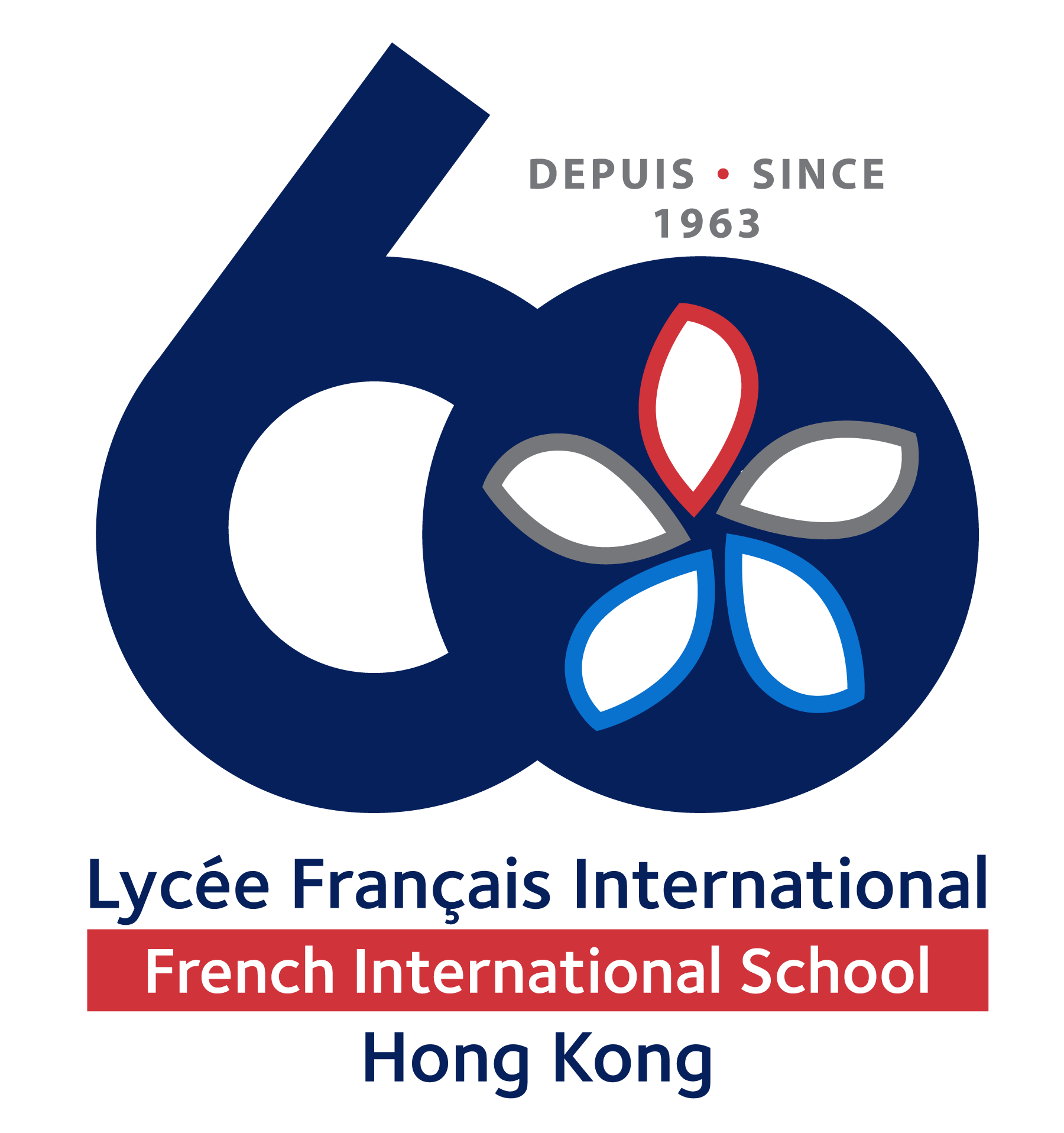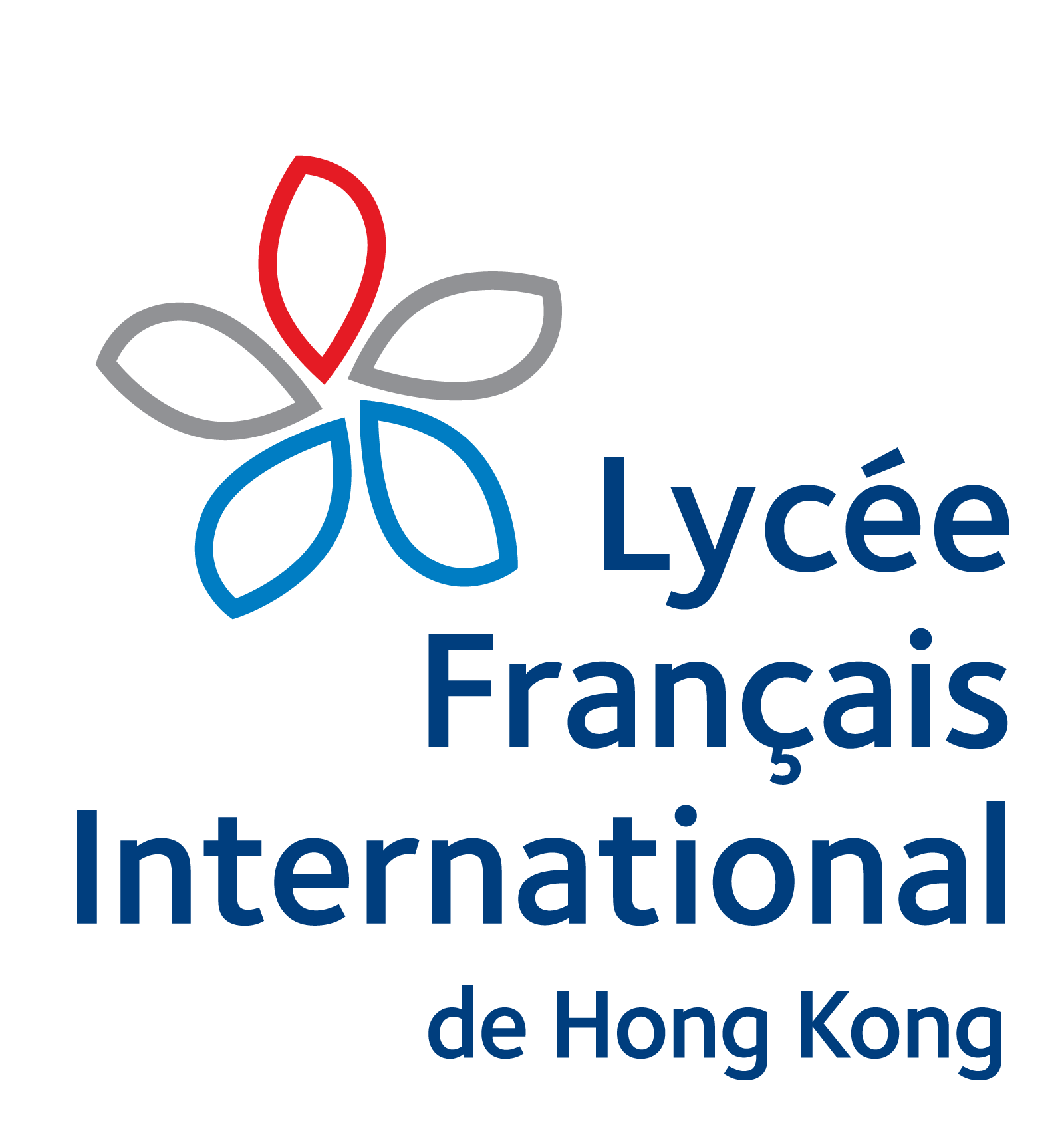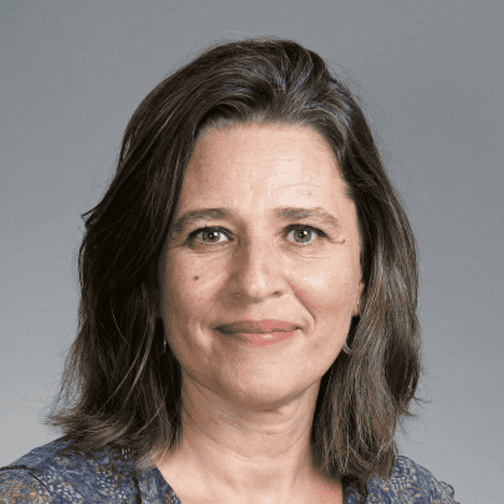Series of portraits and what’s new on our campuses
We would like to introduce a series of portraits and a section “what’s new” dedicated to the elections.
Series of portraits
Starting from this issue, we will invite you every week to know more about our special needs teachers and psychologist who contribute to making FIS an inclusive school.
Have you met the special needs teachers who are working with your children on our Primary campuses?
| Amélie Chabert JL and CW achabert@g.lfis.edu.hk |
Mashouda Marimoutou TKO mmarimoutou@g.lfis.edu.hk |
 |
 |
If a child does not understand, he does not need anything more. He needs something different. John Hattie
This year, our FIS RASED team (Specialized Support Network for Students with Special Needs) is composed of two special needs teachers and one school psychologist.
What is a special needs teacher?
A special needs teacher is a primary teacher specialising in pedagogical assistance. We are working as a team from Maternelle to CM2.
What does our role consist of?
We have 3 main missions:
- Contributing to prevention projects in collaboration with the teams based on the identification of special needs
- Supporting students overcoming their problems when the solutions offered by teachers do not suit them
- Acting as a key contact for students, teachers and parents and ensuring that actions are consistent and coherent among all the members of the pedagogical community. This collaboration is providing indirect assistance to the students.
How do we do?
On a daily basis, the heart of our profession consists in supporting our students with special needs.
When a teacher asks us for help, we first identify the students’ knowledge and axes for improvement, then we analyse the situation as a team to define what could be the most appropriate type of support to offer.
We have the opportunity to observe the student in class, talk with him and refine his needs through additional assessments or tests.
How do we help students with severe needs?
We elaborate a Projet d’Aide Spécialisé (Special need project) to define the disciplinary and cross-curricular objectives, the appropriate materials and the expected duration.
Our methods of assistance are diverse and depend on the situation. We can co-intervene within the class and/or outside the class in individual or small groups to propose pedagogical adaptations.
We get students to interact in order to build reasoning and strategies together that they can use in the classroom. We do not repeat what has already been unsuccessful in class. The pedagogical detour (games) and the socio-cognitive conflict are at the heart of our practice. Our goal is to find the trigger, the tools, and the strategies that allow the student to improve.
What are our tools?
We are using any material (manipulation, multiple intelligences, interactive digital games) that could help the student to improve his memory, attention, logic, cognition, metacognition, motivation, self-confidence, relationship with learning, etc.
What’s new on our Campuses ?
Elections from CP to CM2: a great step to knowing more about the rights and obligations of citizens in society
Elections for Class Representants and Green Prefects will be starting next week. Our students will live a real voting experience on a large scale. The older students will be responsible for the polling stations and act as assessors and presidents of the polling stations.
The event will be divided into several steps:
- Candidates will be announced
- Then the campaign will start and every candidate will have to create its own election poster.
- Elections will take place during the week of the 10th of October.



